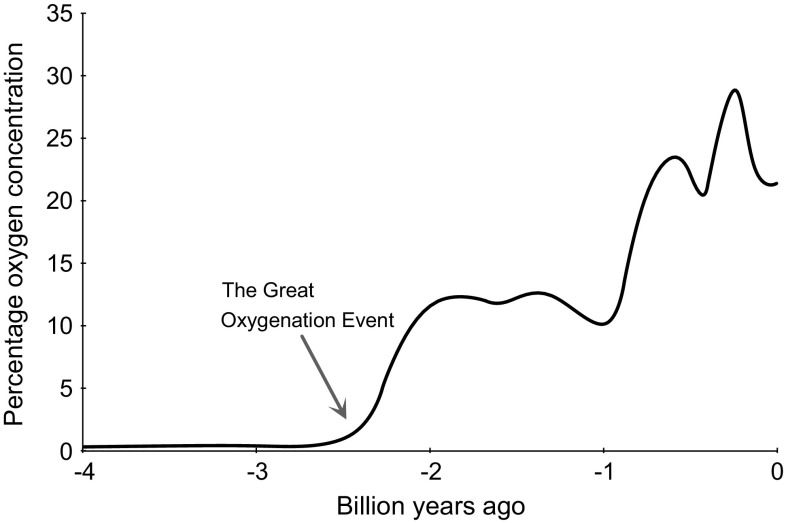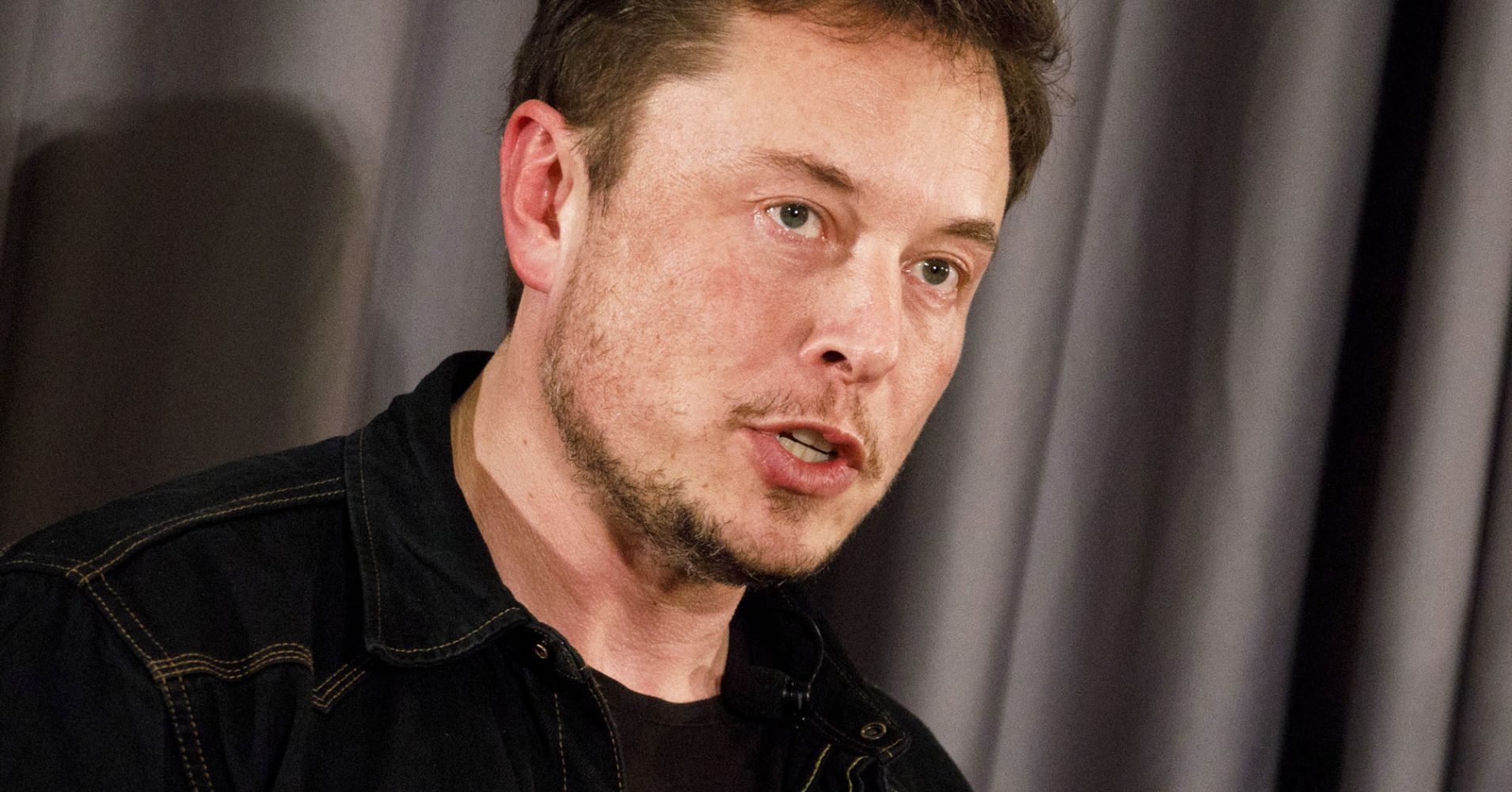But nuclear weapons experts question why you’d ever build a weapon like this.
In March, Russian President Vladimir Putin described a nuclear-powered torpedo designed to hit coastal targets with a.


“The Future: A Very Short Introduction” (OUP, 2017) by Dr. Jennifer M Gidley.
Oxford University Press has just released a wonderful little animation video centring on my book “The Future: A Very Short Introduction” published in 2017. In an entertaining way it shows how the concept of the future or futures is central to so many other concepts — many of which are the subject of other OUP Very Short Introductions. The VSI Series now has well over 500 titles, with ‘The Future’ being number 516.
To watch the video click here.
You can read a full sample chapter of the Introduction. The abstracts can be read for all of the other chapters at the links below.
Contents
List of Illustrations
1 Three Thousand Years of Futures
3 The Evolving Scholarship of Futures Studies
4 Crystal Balls, Flying Cars and Robots
5 Technotopian or Human-Centred Futures?
6 Grand Global Futures Challenges
References
Further Reading & Websites
Appendix: Global Futures Timeline
Index
The book is available to purchase at OUP.
‘The Future’ has been very well received globally and an Arabic translation has recently been released by the Bahrain Authority for Culture and Antiquity.
The Arabic translation of ‘The Future’ will be available in all book fairs in the Arab region and the distributor covers the important libraries in all Arab countries and Saqi books/UK and Jarir book store/USA . It can also be purchased through the following:
A Chinese translation has been licensed and is underway, and discussions are in process for translations into German, Turkish, Italian and French.

Transhumanist Declaration VirtualTranshumanism Virtual is the viewpoint that sapient society, corporeal, digital, and virtual should embrace, wisely, thoughtfully, and compassionately, the radical transformational potential of technology. The Transhumanist Party Virtual calls for: — Projects to take full advantage of accelerating technology. — Economic and personal liberation of all sapient beings — An inclusive new social contract for all sapient and sentient beings in the light of technological disruption — A evolutionary regulatory system to fast-track innovative breakthroughs — Reform of democratic processes with new tools — Education transformed in readiness for a radically different future — A transhumanist rights agenda for all sapient and sentient beings in the coming transhumanist age — An affirmative new perspective on existential risks.
For millennia, our planet has sustained a robust ecosystem; healing each deforestation, algae bloom, pollution or imbalance caused by natural events. Before the arrival of an industrialized, destructive and dominant global species, it could pretty much deal with anything short of a major meteor impact. In the big picture, even these cataclysmic events haven’t destroyed the environment—they just changed the course of evolution and rearranged the alpha animal.
But with industrialization, the race for personal wealth, nations fighting nations, and modern comforts, we have recognized that our planet is not invincible. This is why Lifeboat Foundation exists. We are all about recognizing the limits to growth and protecting our fragile environment.
Check out this April news article on the US president’s forthcoming appointment of Jim Bridenstine, a vocal climate denier, as head of NASA. NASA is one of the biggest agencies on earth. Despite a lack of training or experience—without literacy in science, technology or astrophysics—he was handed an enormous responsibility, a staff of 17,000 and a budget of $19 billion.
In 2013, Bridenstine criticized former president Obama for wasting taxpayer money on climate research, and claimed that global temperatures stopped rising 15 years ago.
The Vox News headline states “Next NASA administrator is a Republican congressman with no background in science”. It points out that Jim Bridenstine’s confirmation has been controversial — even among members of his own party.
Sometimes, flip-flopping is a good thing
In less than one month, Jim Bridenstine has changed—he has changed a lot!
After less then a month as head of NASA, he is convinced that climate change is real, that human activity is the significant cause and that it presents an existential threat. He has changed from climate denier to a passionate advocate for doing whatever is needed to reverse our impact and protect the environment.
What changed?
Bridenstine acknowledges that he was a denier, but feels that exposure to the evidence and science is overwhelming and convincing—even in with just a few weeks exposure to world class scientists and engineers.
For anyone who still claims that there is no global warming or that the evidence is ‘iffy’, it is worth noting that Bridenstine was a hand-picked goon. His appointment was recommended by right wing conservatives and rubber stamped by the current administration. He was a Denier—but had a sufficiently open mind to listen to experts and review the evidence.
Do you suppose that the US president is listening? Do you suppose that he will grasp the most important issues of this century? What about other world leaders, legislative bodies and rock stars? Will they use their powers or influence to do the right thing? For the sake of our existence, let us hope they follow the lead of Jim Bridenstine, former climate denier!
Philip Raymond co-chairs CRYPSA, hosts the New York Bitcoin Event and is keynote speaker at Cryptocurrency Conferences. He sits on the New Money Systems board of Lifeboat Foundation. Book a presentation or consulting engagement.

Article (2017) about oxygen depletion. “There has been a clear decline in the volume of oxygen in Earth’s atmosphere over the past 20 years. Although the magnitude of this decrease appears small compared to the amount of oxygen in the atmosphere, it is difficult to predict how this process may evolve, due to the brevity of the collected records. A recently proposed model predicts a non-linear decay, which would result in an increasingly rapid fall-off in atmospheric oxygen concentration, with potentially devastating consequences for human health. We discuss the impact that global deoxygenation, over hundreds of generations, might have on human physiology. Exploring the changes between different native high-altitude populations provides a paradigm of how humans might tolerate worsening hypoxia over time. Using this model of atmospheric change, we predict that humans may continue to survive in an unprotected atmosphere for ~3600 years. Accordingly, without dramatic changes to the way in which we interact with our planet, humans may lose their dominance on Earth during the next few millennia.”
There has been a clear decline in the volume of oxygen in Earth’s atmosphere over the past 20 years. Although the magnitude of this decrease appears small compared to the amount of oxygen in the atmosphere, it is difficult to predict how this process may evolve, due to the brevity of the collected records. A recently proposed model predicts a non-linear decay, which would result in an increasingly rapid fall-off in atmospheric oxygen concentration, with potentially devastating consequences for human health. We discuss the impact that global deoxygenation, over hundreds of generations, might have on human physiology. Exploring the changes between different native high-altitude populations provides a paradigm of how humans might tolerate worsening hypoxia over time. Using this model of atmospheric change, we predict that humans may continue to survive in an unprotected atmosphere for ~3600 years. Accordingly, without dramatic changes to the way in which we interact with our planet, humans may lose their dominance on Earth during the next few millennia.
Keywords: Oxygen, Hypoxia, Acclimatization, Physiological adaptation.
Human dominion over planet Earth is driving profound changes that may culminate in extinction. Loss of natural vegetation and the burning of fossil fuels are altering our atmosphere at an alarming rate [1]. Two interconnected themes have received the most attention: the accelerated rise in atmospheric carbon dioxide concentration and the escalation of global temperatures. These changes are accompanied by natural phenomena with potentially catastrophic consequences, such as increasingly unpredictable climate subsystems and rising sea levels from polar ice cap recession [2–4]. If such environmental hazards were not a sufficient threat to the survival of Earth’s 7 billion plus human inhabitants, there is yet another concerning change already underway, global deoxygenation.

Old, but excellent post:
[Image: “Disckonsia Costata” by Verisimilius is licensed under CC BY-SA 3.0]
Several times in evolutionary history, the arrival of an innovative new evolutionary strategy has lead to a mass extinction followed by a restructuring of biota and new dominant life forms. This may pose an unlikely but possible global catastrophic risk in the future, in which spontaneous evolutionary strategies (like new biochemical pathways or feeding strategies) become wildly successful, and lead to extreme climate change and die-offs. This is also known as a ‘biotic replacement’ hypothesis of extinction events.

“Humanity is not perfect, but it’s all we’ve got,” the SpaceX and Tesla boss said.
To safeguard human life requires moving beyond the blue planet, in Musk’s view, because earth is likely to become uninhabitable.
“There will be some eventual extinction event” if humans stay on earth forever, Musk said in an article published in academic journal New Space, which was published online in June 2017.
Our new Kickstarter project lets you help save the Earth from an asteroid impact! Let’s go #KickAsteroid! https://planet.ly/kickasteroid

If intelligent life is so likely to exist elsewhere in the universe, why haven’t we found it? Well, the chances of us coming across extraterrestrials are not looking good, according to a new study.
Scientists from the Future of Humanity Institute at Oxford University have revealed that we are probably the only advanced civilization out there, although they can’t say for sure. The team came to their conclusion after realizing that Fermi’s paradox and its supporting theories are somewhat flawed. The paradox is the conflict between the probability that intelligent life exists elsewhere in the universe and the lack of evidence of such.
The Tasmanian Tiger could come back from extinction thanks to new technology (yes, really)! 🐅